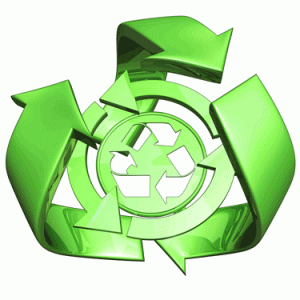Seventh grade science class at my prep school featured some basic knowledge and definitions that had to be memorized. I aced it, of course, but I don’t think anyone else even liked it.
 Over the course of my education (many, many years) I had a lot of science classes. And after I went to medical school, I was all scienced-up. Some of the classes were simply a waste of time – things required by law but not taken seriously by the school. Others were fascinating and formed my blossom love of science that led me to study medicine.
Over the course of my education (many, many years) I had a lot of science classes. And after I went to medical school, I was all scienced-up. Some of the classes were simply a waste of time – things required by law but not taken seriously by the school. Others were fascinating and formed my blossom love of science that led me to study medicine.
But I did get a lot of basics in that seventh grade class. Things like definitions. Words like “solute” and “solvent” held no mysteries for me. Water was, of course, the greatest solvent ever invented, but there were others. Like when we sent clothes to the dry cleaners, we had to remember the rhyme “Your best bet is carbon tet” a reference to carbon tetrachloride (CCl4). Funny little doggerel, I know, but it was even on the final test.
Carbon tetrachloride was not part of the chemistry of living things, so it is not terribly much of a surprise that I haven’t heard much about it until today. I also recognize the names of its close cousins; trichloroethylene and perchloroethylene.
Sure sounds as if carbon tet and some related solvents in paints and adhesives are related to Parkinson’s Disease.
Filed under Parkinson's Disease by on Nov 23rd, 2011. Comment. ![]()